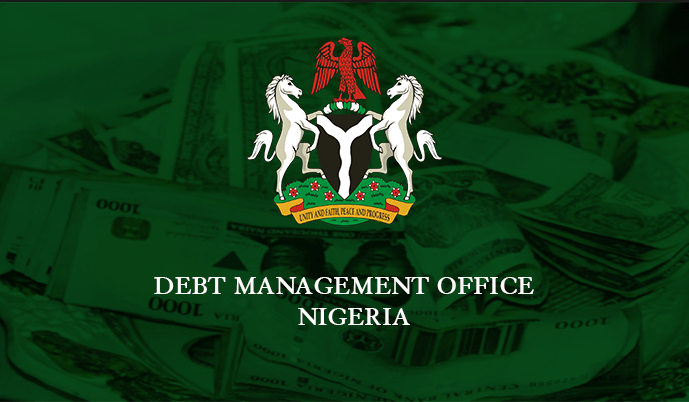Nigeria in the first half of 2020 spent a whopping N1.06 trillion to service its total debt stock which as at June 2020 stood at N31.01 trillion ($85.9 billion)- 8.31 per cent increase when compared with N28.63 trillion ($79.3 billion) recorded in March 2020, according to the Debt Management Office (DMO).
The breakdown shows that total external debt stood at N11.36 trillion ($31.47 billion), accounting for 36.65 per cent of the total debt stock, while domestic debt represented 63.35 per cent of the total debt. Domestic debts stood at N19.65 trillion ($54.42 billion) as at June 2020.
The report reveals that N921.9 billion was used to service domestic debts between January and June 2020, while N288.6 billion ($759.6 million) was used on foreign debts, making a total of N1.21 trillion. Compared to N1.06 trillion spent in the same period of 2019, debt service increased by 14.6 per cent.
Federal government foreign debt in the period under review stood at N9.82 trillion ($27.2 billion). This represents 86.5 per cent of the total foreign debts, while the 36 States and the Federal Capital Territory recorded external debt of N1.54 trillion ($4.26 billion).
In terms of domestic debts, the federal government accounted for 78.7 per cent of the federation local debts, as States including the FCT accounted for the remaining 21.3 per cent.
Foreign debt grew by 13.8 per cent, compared to $27.7 billion (N9.9 trillion) recorded as at the first quarter of the year.
Nigeria’s public debt grew by $22.09 billion in the last 5 years, indicating an increase of 34.6 per cent.
Meanwhile, a cursory look at the historic trend shows that Nigeria’s total public debt increased by $22.09 billion between June 2015 and June 2020, when multiplied by the prevailing exchange rate of N380/$1, it translates to a total additional loan of N8.39 trillion within 5 years of the current administration.
Data from the Central Bank of Nigeria (CBN) shows that over the past 5 years spanning 2015 and 2019, the Nigerian government spent about N34.83 trillion, comprising both recurrent expenditure (73.1%), capital expenditure (19.2%) and transfers (7.8%). This means that only about 19 per cent of the debt load has been invested in further developing the nation through the creation of relevant infrastructure. The rest were spent on recurring expenses like salaries.

 Health6 days ago
Health6 days ago
 Entertainment1 week ago
Entertainment1 week ago
 Crime6 days ago
Crime6 days ago
 Education1 week ago
Education1 week ago
 Health1 week ago
Health1 week ago
 Comments and Issues7 days ago
Comments and Issues7 days ago
 Football1 week ago
Football1 week ago
 Latest7 days ago
Latest7 days ago

